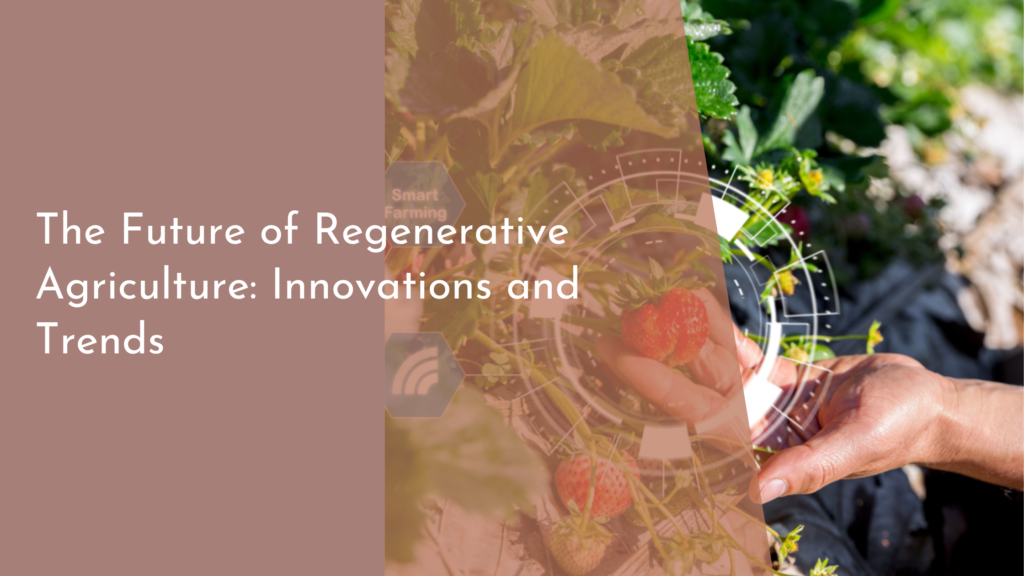Role of Government Policies in Promoting Alternative Fuels
In an era where climate change poses significant challenges, alternative fuels have emerged as a vital component in the quest for a sustainable future. These eco-friendly energy sources, which include biofuels, hydrogen, and electricity from renewable sources, have the potential to reduce our carbon footprint and lessen our dependence on fossil fuels. However, to accelerate the adoption and innovation of these alternative fuels, government policies play an indispensable role. They not only provide the necessary framework for research and development but also create incentives for industries and consumers to embrace greener technologies.
As societies increasingly recognize the importance of sustainable energy, understanding the interplay between government policy and alternative fuels is crucial for paving the way to a greener future. This article explores how effective policies are shaping the landscape of alternative fuels, highlights successful case studies, and outlines the path forward for a more sustainable energy sector.
Understanding Alternative Fuels: A Greener Future Awaits!
Alternative fuels are energy sources that can replace conventional fossil fuels, thereby reducing greenhouse gas emissions and promoting environmental sustainability. These fuels can be derived from various sources, including biomass, solar, wind, and geothermal energy. Public interest in alternative fuels has surged, driven by concerns over climate change, air quality, and energy security. As a result, governments around the world are recognizing the urgent need to shift towards these greener options to ensure a sustainable future for generations to come.
The transition to alternative fuels not only benefits the environment but also promotes economic growth by creating new jobs in emerging industries. From electric vehicle manufacturing to biofuel production, the growth of alternative fuel markets stimulates innovation and competitiveness. With advancements in technology and growing consumer demand for cleaner options, the potential for a greener future is bright. However, the role of government policies in facilitating this transition cannot be understated.
Key Government Policies Driving Alternative Fuel Innovation
Governments play a pivotal role in encouraging the development and adoption of alternative fuels through various policies and incentives. Tax credits, subsidies, and grants are commonly utilized to lower the financial barriers for businesses and consumers adopting greener technologies. For instance, many countries offer tax incentives for electric vehicle purchases, significantly reducing the initial cost for consumers. Additionally, governments often invest in research and development initiatives to spur innovation in alternative fuel technologies, ensuring that cutting-edge solutions are available to meet future energy demands.
Regulatory frameworks also help set standards and goals for alternative fuel usage. Mandates for blending biofuels with conventional fuels, for example, encourage traditional energy companies to diversify their offerings. Furthermore, stricter emissions regulations compel industries to look for cleaner energy sources. By creating a conducive environment for alternative fuels, governments can foster a culture of sustainability that encourages both private and public sector investment in greener technologies.
Successful Case Studies: Policies That Make a Difference
Countries around the globe are implementing forward-thinking policies that have resulted in significant advancements in alternative fuel adoption. One notable example is Sweden, which has set ambitious targets for reducing greenhouse gas emissions and promotes biofuels as a key component of its energy strategy. Through substantial investments in infrastructure and public transportation, including the deployment of biofuels in buses and vehicles, Sweden is leading the way in demonstrating the effectiveness of government policies in promoting alternative fuels.
Another successful case study is California, where state policies have driven the growth of the electric vehicle market. The California Air Resources Board has implemented strict vehicle emissions standards and offers incentives for electric vehicle purchases, making EVs more accessible to the public. This proactive approach has not only boosted the local economy by creating jobs in the clean tech industry but has also positioned California as a leader in the transition to sustainable transportation.
Embracing Change: The Path Forward for Sustainable Energy
As the world grapples with the impacts of climate change, embracing alternative fuels will be crucial in the transition to sustainable energy. Governments must continue to champion policies that foster innovation and encourage investment in alternative fuel technologies. Strengthening public-private partnerships can enhance research and development efforts, while promoting education and awareness about the benefits of alternative fuels will drive consumer acceptance.
Moving forward, it is essential for governments to set clear long-term goals and provide consistent support for alternative fuel initiatives. This includes enhancing infrastructure for electric vehicles, supporting renewable energy projects, and encouraging the use of alternatives in public transportation. With a united effort and a commitment to sustainability, we can unlock the full potential of alternative fuels to create a cleaner, greener, and more sustainable future.
In summary, the role of government policies in promoting alternative fuels is vital for achieving a sustainable energy future. Through strategic incentives, regulatory frameworks, and successful case studies, we can see how effective policies can drive innovation and facilitate the transition toward cleaner energy sources. As we continue to embrace change and seek out greener options, the collaboration between governments, industries, and communities will be key to unlocking a sustainable future filled with possibilities. Together, we can pave the way for a world that thrives on cleaner energy and healthier ecosystems!


